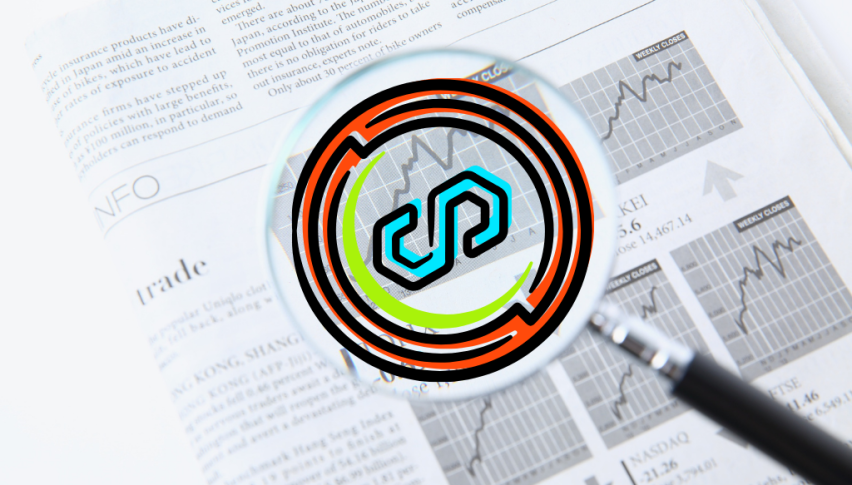Mastercard Taps Polygon for Verified Username System on Self-Custody Wallets
Mastercard picked Polygon to run a new system that lets people send crypto using verified usernames instead of long wallet addresses.

Quick overview
- Mastercard has partnered with Polygon to create a system that allows users to send crypto using verified usernames instead of long wallet addresses.
- The Mastercard Crypto Credential standardizes blockchain address verification through human-readable aliases linked to verified individuals, facilitated by Mercuryo.
- This new system simplifies crypto transfers for users while adding an identity layer to self-custody wallets, enhancing trust and reducing transfer errors.
- Polygon's network supports fast and cost-effective transactions, positioning it as a key infrastructure for traditional finance companies entering the crypto space.
Mastercard picked Polygon to run a new system that lets people send crypto using verified usernames instead of long wallet addresses. The companies announced the partnership on Tuesday.
Mastercard Crypto Credential standardizes how blockchain addresses get verified by using human-readable aliases tied to verified individuals. Mercuryo, a crypto payment API firm, will handle identity verification and issue the aliases. Users can then link these to their self-custody wallets.
Think of it like sending money through apps that use usernames instead of bank account numbers. Users get a unique name they connect to their wallet. They can also request a token on Polygon that proves their wallet supports verified transfers, which helps apps route transactions properly.
Long, complicated wallet addresses have always scared off new users. Companies have tried fixing this with QR codes or services that replace complex strings with simple names or phone numbers. Mastercard’s approach adds verification on top of the simplicity.
Raj Dhamodharan, Executive Vice President of Blockchain and Digital Assets at Mastercard, said the system builds trust in digital token transfers by simplifying wallet addresses and adding verification. Bringing together Mercuryo and Polygon’s tech with Mastercard’s infrastructure makes digital assets more accessible.
Polygon’s network handles these transfers fast and cheap. Mastercard said the network can process high throughput, enough to support real-world payments at scale.
The verified username system addresses two problems at once. First, it makes crypto transfers easier for regular people who get confused by long addresses. Second, it adds an identity layer to self-custody wallets, which have traditionally operated anonymously.
For Polygon, landing Mastercard as a partner validates its position as a go-to layer-2 solution for mainstream payment applications. The network has been pushing hard to position itself as infrastructure for traditional finance companies entering crypto.
Mercuryo’s role is critical here. They verify user identities and issue the aliases, essentially acting as the bridge between traditional identity systems and blockchain addresses. This setup keeps self-custody intact while adding verification when users want it.
The system could reduce transfer errors, which happen frequently when people mistype long wallet addresses or send to the wrong destination. Verified usernames make it clearer who’s receiving the funds.
- Check out our free forex signals
- Follow the top economic events on FX Leaders economic calendar
- Trade better, discover more Forex Trading Strategies
- Open a FREE Trading Account
- Read our latest reviews on: Avatrade, Exness, HFM and XM


